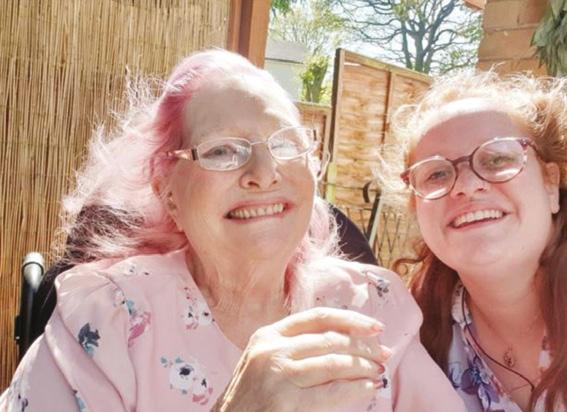FINANCIAL & LEGAL
What Rehabilitation Can Help BRAIN INJURED PEOPLE LIVE INDEPENDENTLY? Many people with brain injuries live with symptoms that aren’t visible, but need just as much support as those with severe injuries to live independently.
I
f a person has sustained a brain injury in an accident, many of the lasting consequences, such as behavioural changes and memory loss, can be incurable. So it’s essential they get the help they need to live with these issues as early as possible, so they can enjoy an independent and fulfilling life. But unfortunately, people who often appear to have made a full recovery don’t always manage to get the care they need.
HELPING THE WALKING WOUNDED People with the most severe brain injuries will often be referred to specialist units by their hospital or GP, but the so-called walking wounded may not. These are people who suffered a brain injury and, on the surface, appear to have fully recovered. To help understand if a client is displaying any symptoms of a subtle brain injury, we speak to their partner, loved ones, close family members and friends to fully understand the impact the injury has had upon them and any changes they may have witnessed. It’s an important part of our role as Serious Injury Solicitors to ensure issues such as behavioural changes are identified and addressed, and we’ll work with a case manager, such as a former nurse or occupational therapist, to make this happen. They can visit the injured person and their family, work out their immediate needs and set out what these would cost. This could include replacing work with meaningful activities, such as voluntary work if they’re unable to return to their job. Trained specialists referred to as buddies or enablers may also be brought in, helping them develop interests to fill their time and regain their independence.
with brain injuries are put at the heart of any care plan. A brain injury can have a huge impact even in very stable and loving relationships, so we want to help injured people maintain these connections, and make sure their immediate support network can return to being partners, family members or friends, rather than carers, and rebuild their lives too.
It’s important that the families and loved ones of people with brain injuries are put at the heart of any care plan
HOW SIMPSON MILLAR CAN HELP Our expert Serious Injury Solicitors have a strong network of case managers, who can arrange access to the care, equipment and support needed while a compensation claim is ongoing. We have a strong track record of securing substantial compensation payouts for brain injured people, and helping them access the rehabilitation they need for as long as they need it, which may mean for life. Ultimately, our aim is to help people with brain injuries get back into the position they were in before the accident happened, as much as possible. Matthew Clayton is a Partner and Serious Injury Solicitor, who specialises in helping people who have suffered life changing injuries.
LIVING SAFELY AT HOME An occupational therapist may also be brought in to determine if someone with a brain injury can live safely at home. For instance, if they have memory problems, they may accidentally leave the front door open or the oven turned on, and therefore pose a risk to themselves. The right training and therapy can then be arranged to help them manage any continuing issues. It’s important that the families and loved ones of people
12 8
2021/2 2
Tel: 0808 278 6856 Web: www.simpsonmillar.co.uk sevenstarmedia.co.uk


























































